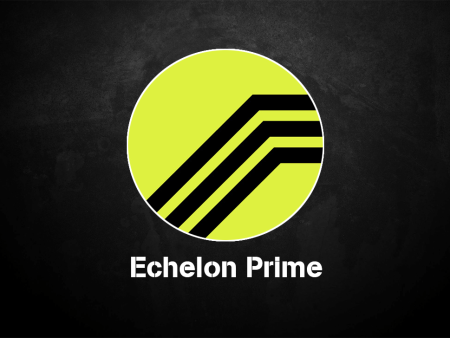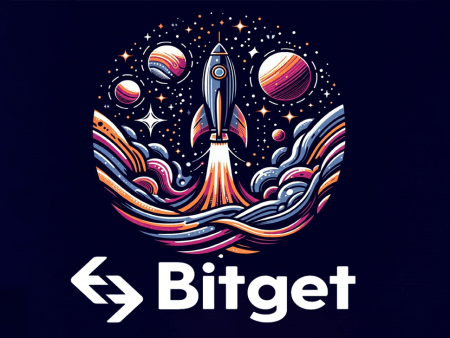Uniswap is a leading innovator in the decentralized finance (DeFi) space, and it has its own token, UNI, which is distributed to its community of users.
Discover the pros and cons of Uniswap, as well as how it operates, in an article by AZCoin. You’ll gain insight into the benefits of this platform.
What is Uniswap?
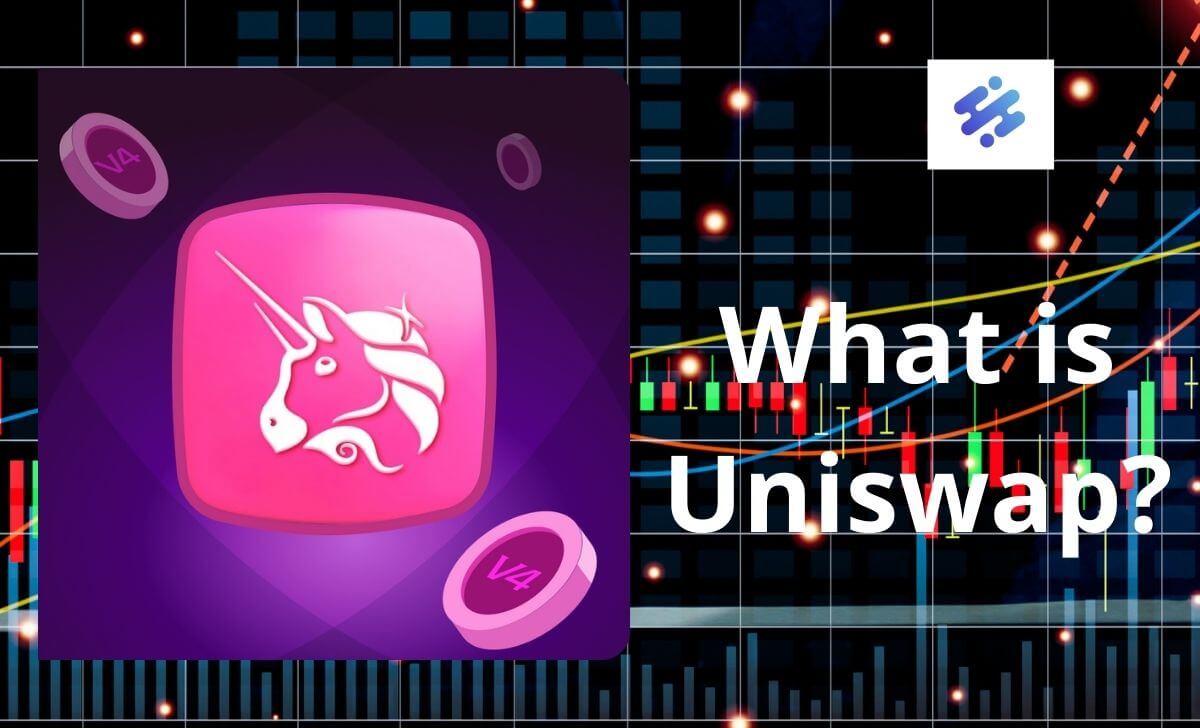
Uniswap is a decentralized exchange, built on the Ethereum blockchain, that operates independently of a central authority. Unlike traditional exchanges, it doesn’t rely on a single entity to manage trades.
Instead, it employs an automated market making system, which enables trades to be executed without human intervention.
How Does Uniswap Work?
Uniswap, a decentralized exchange platform, utilizes smart contracts on the Ethereum blockchain to facilitate more complex transactions beyond simple cryptocurrency transfers. This enables users to trade a wide range of digital assets.
The platform employs liquidity pools, which are user-generated pools of cryptocurrencies or tokens locked in smart contracts, to facilitate trades between different digital assets.
The Uniswap blockchain is constantly updated with the latest trade information from users, making it an automated market maker that doesn’t require central authority intervention.
In contrast, proof-of-work systems require significant computing and energy resources to support transaction processing and generate new cryptocurrency.
Uniswap users have various options for participating in decentralized exchanges:
- Create new markets by using smart contracts to establish new pairs of digital assets
- Swap assets via existing markets that have already been created
- Provide liquidity and earn rewards by staking digital assets, which can be rewarded with UNI tokens
- Participate in Uniswap governance as UNI token holders
Important notes: users need to connect a suitable digital wallet to use the Uniswap network and have ether (ETH) to pay transaction fees, which may accumulate due to Ethereum’s fee charges for Uniswap transactions.
You can refer to some more knowledge related to Uniswap: Retik Finance,…
History of Uniswap?
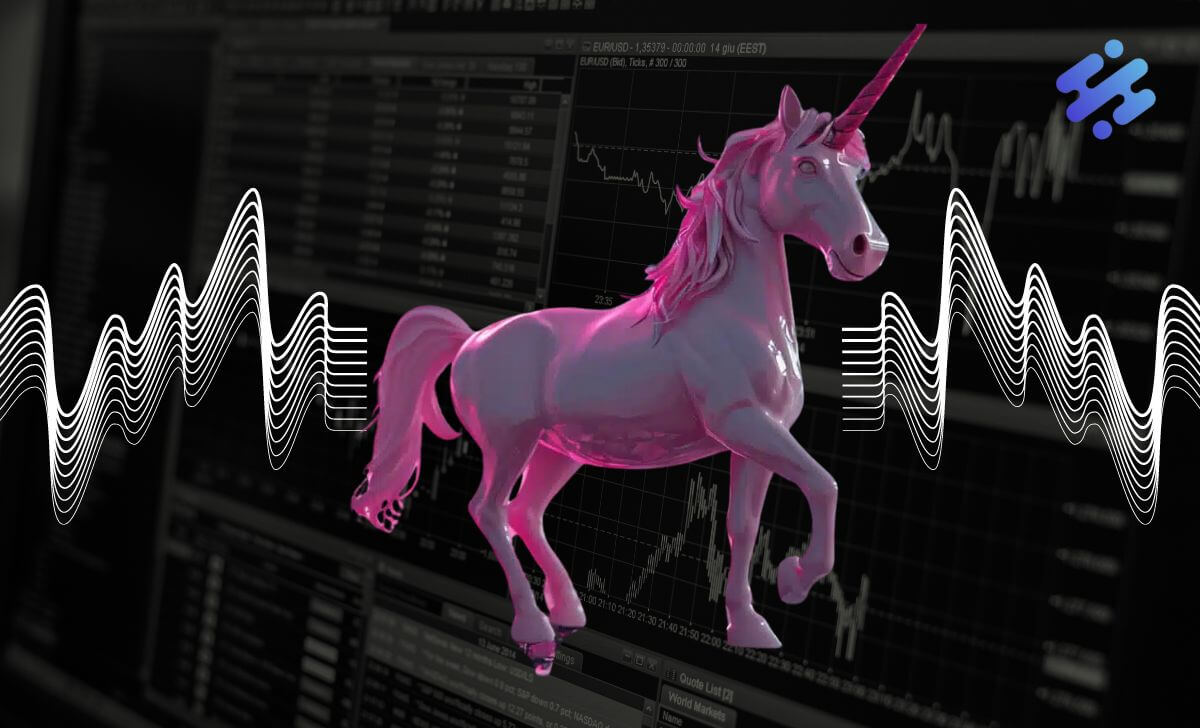
Uniswap’s story starts in late 2018 with its creator, Hayden Adams, a former mechanic inspired by a concept introduced by Vitalik Buterin (co-founder of Ethereum) called Automated Market Makers (AMMs). Adams began developing a project initially called Unipig, later renamed Uniswap.
Here’s a timeline of Uniswap’s milestones:
- November 2, 2018: Uniswap is officially launched on the Ethereum mainnet.
- Investors: The Uniswap company received backing from angel investors and venture capital firms, establishing its financial footing.
Uniswap’s launch coincided with a period of growth in the DeFi space, and its innovative AMM model proved to be a hit. By October 2020, Uniswap had become the leading decentralized exchange and ranked among the top cryptocurrency exchanges overall based on daily trading volume.
Pros and Cons of Uniswap?

Just like other cryptocurrencies such as USDC, BNB, there are various ways to earn and possess UNI, including
Pros
- Decentralized: No middleman means greater control over your funds and potentially more censorship-resistant trading.
- Ease of Use: The interface is relatively user-friendly, especially for those familiar with crypto wallets.
- High Liquidity: Uniswap offers a deep pool of crypto assets thanks to its liquidity provider network.
- Earning Potential: Liquidity providers can earn passive income on their crypto holdings.
- Transparency: All transactions are publicly viewable on the Ethereum blockchain.
Cons
- Transaction Fees: Fees can be high, especially during periods of high network congestion on Ethereum.
- Impermanent Loss: Liquidity providers can face impermanent loss if the price of the assets they supply fluctuates significantly.
- Limited Fiat Support: Uniswap primarily deals with crypto-to-crypto swaps; buying crypto with fiat currency (like USD) is generally not supported.
- Security Risks: As with any DeFi platform, users are responsible for the security of their own wallets and assets.
- Limited Customer Support: There’s no central authority to provide traditional customer support.
Overall, Uniswap offers a unique and powerful platform for trading and interacting with DeFi. However, it’s crucial to understand the potential downsides before diving in, especially for beginners in crypto space.
What wallets are compatible with Uniswap?
The UNI token from Uniswap is compatible with a wide range of digital wallets, encompassing both hardware and software options. Some popular software wallets that support UNI include Coinbase Wallet and MetaMask, while hardware wallet choices include Ledger and Trezor.
How to buy Uniswap (UNI)?
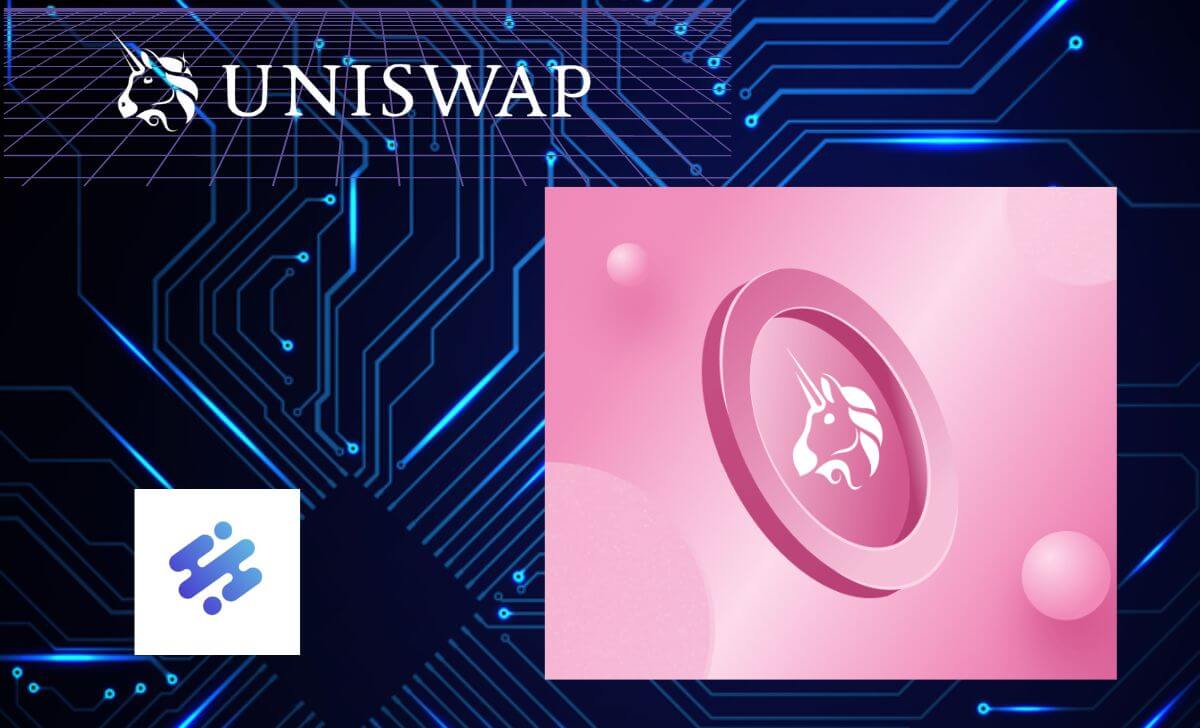
To invest in Uniswap, you can acquire UNI tokens. One convenient way to do this is by purchasing UNI through a reputable cryptocurrency exchange like Coinbase or Kraken. Alternatively, you can also buy UNI directly from the Uniswap platform using another cryptocurrency, such as Ethereum.
To find reviews of cryptocurrency exchanges where you can buy and trade UNI tokens, visit the best crypto exchanges page on AZCoin.
FAQs about Uniswap
Can Uniswap be hacked?
Over the past two years, Uniswap has been plagued by numerous phishing and malicious attacks. The most recent and significant incident occurred in April 2023, when hackers exploited a vulnerability in the protocol’s pricing system, making off with a staggering 252 million coins.
How much was Uniswap worth when it first came out?
When Uniswap’s initial coin offering (ICO) launched in September 2020, its token was initially priced at $2.50. Just 24 hours later, on September 18, 2020, the price skyrocketed to $5.50. However, the current market value of the token has since decreased to $4.22.
Is it legal to use Uniswap in all countries?
Due to legal limitations, Uniswap is not available in certain regions. These restricted countries include the United States, Liberia, Sudan, Zimbabwe, Belarus, Cuba, Iran, North Korea, Syria, Iraq, and Côte d’Ivoire.
However, despite these restrictions, Uniswap still provides its services to US citizens through a partnership with MoonPay.
Can you stake Uniswap tokens?
To earn rewards by staking Uniswap coins through liquidity pools, follow these steps:
- Create an account on a decentralized wallet that is compatible with the Ethereum blockchain, such as Kraken.
- Add ETH tokens to the pool.
- Stake your assets and potentially earn up to 25% of the liquidity provided in rewards.
Conclusion
We’ve taken you on a journey to explore Uniswap, a decentralized exchange protocol built on Ethereum. Our goal is that readers will gain a deeper understanding of its investment opportunities. Finally, you can reach out to us through our contact page or leave a comment and we’ll get back to you with an answer.

I am Tony Vu, living in California, USA. I am currently the co-founder of AZCoin company, with many years of experience in the cryptocurrency market, I hope to bring you useful information and knowledge about virtual currency investment.
Email: [email protected]

